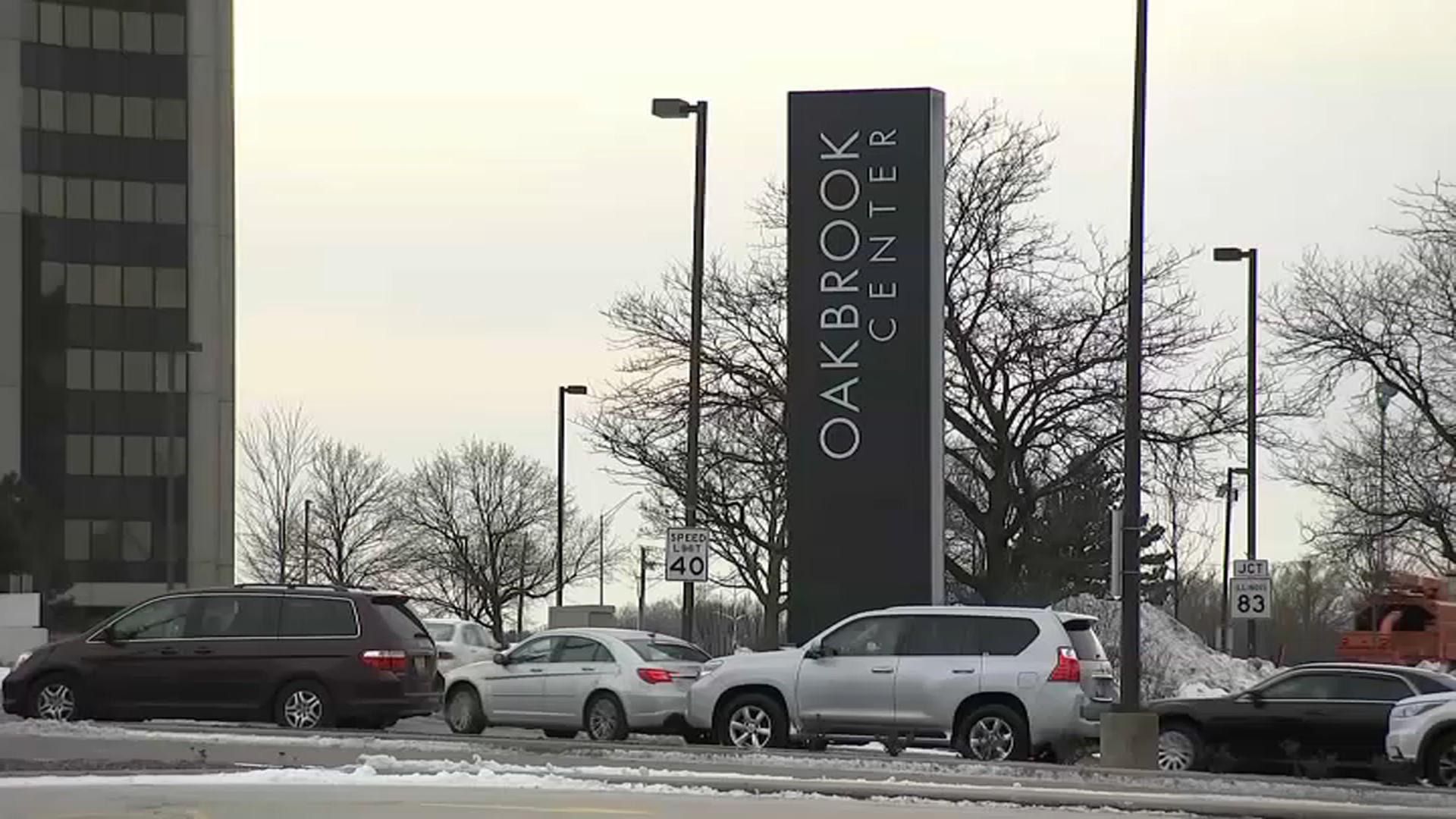“Can you hear me?”
Answering yes to that question on your phone could make you a victim in a scam taking over the Chicago area, according to the Better Business Bureau.
Reports of the scam have been pouring in nationwide, but have been “increasing rapidly across various parts of the ocuntry in the last few days,” including in Chicago and northern Illinois, the BBB warns.
The scam is an old one, but with a new twist, experts say.
It all begins with a phone call, where someone immediately asks “Can you hear me?” The goal of the call is to get the consumer to say “yes.”
The caller may fumble around or say something like “I’m having trouble with my headset” while trying to get the consumer to respond.
The call is actually a robocall recording the conversation, the BBB warns, and answering “yes” can later be used to make it sound like the consumer authorized major purchases like vacation packages, cruises, warranties and “other big ticket items.”
Local
So far, the BBB said there have been no reports of money loss associated with the scam, but it remains unclear how the calls could play out over time, or if consumers will be victimized at a later date.
What should you do if you receive a call like this? Here’s what the BBB recommends:
• Use Caller ID to screen calls, and consider not even answering unfamiliar numbers. If it’s important, they will leave a message and you can call back.
• If someone calls and asks “Can you hear me?”, do NOT answer “yes.” Just hang up. Scammers change their tactics as the public catches on, so be alert for other questions designed to solicit a simple “yes” answer.
• Make a note of the number and report it to bbb.org/scamtracker to help warn others. BBB also shares Scam Tracker information with government and law enforcement agencies, so every piece of information is helpful in tracking down scammers.
• Consider joining the Do Not Call Registry (DoNotCall.gov) to cut down on telemarketing and sales calls. This may not help with scammers since they don’t bother to pay attention to the law, but you’ll get fewer calls overall. That may help you more quickly notice the ones that could be fraudulent.
• Check your bank and credit card statements regularly for unauthorized charges. It’s also a good idea to check your telephone and cell phone bills, as well. Scammers may be using the “Yes” recording of your voice to authorize charges on your phone. This is called “cramming” and it’s illegal.



